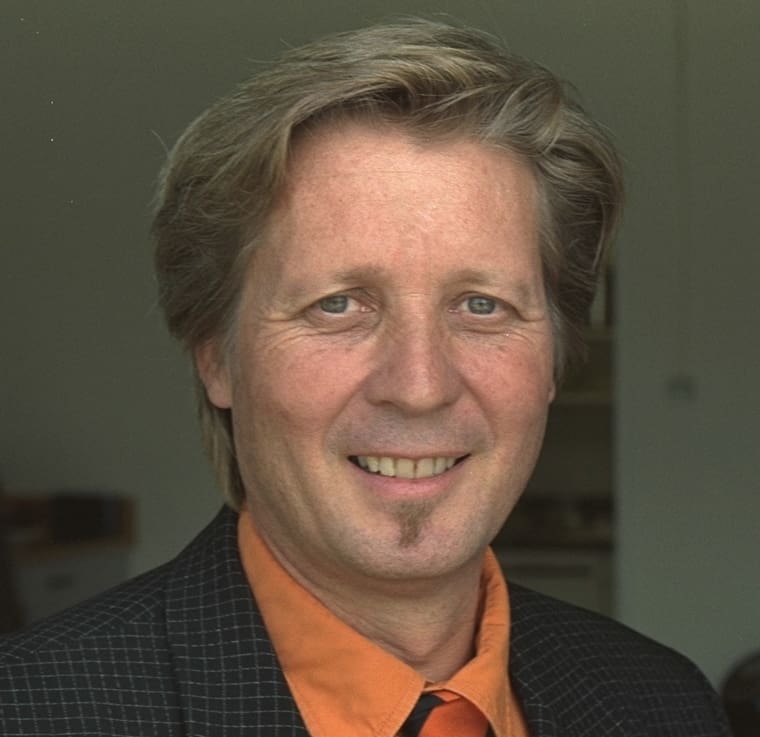
Working Life: Neurotune’s chief executive
pharmafile | June 22, 2011 | News story | Business Services, Research and Development | Working Life, recruitment
Bruno Oesch, chief executive of Swiss biopharmaceutical company Neurotune, talks to Pharmafocus about being at the interface of science and business and the best things about his role.
How did you find your way into your current role?
In the early 90s I had an independent research group at the University of Zürich dealing with prions and their natural function. In this group we developed a diagnostic test for mad cow disease (BSE) which we then commercialised in the company Prionics AG (founded 1997).
I was chief executive and chairman of Prionics for more than 10 years. In 2009 I took over the chief executive position at Neurotune which is a spin-off from Prionics – bundling the synapse-modulating activities aiming at human therapeutics into a new company.
In the meantime, Neurotune is an independent Swiss biotech company developing drugs for sarcopenia and neuropathic pain.
How is your field changing?
Synapse modulation is an important topic of CNS disease, addressed by Neurotune via NMDA receptor modulation for neuropathic pain, and via modulation of neuromuscular junctions for sarcopenia (age-related muscle loss).
Neuropathic pain is an established and very competitive field. Our approach in this area is the use of novel compounds with an excellent side-effect profile, as opposed to other strong pain medication.
The sarcopenia field has been recognised by major pharmaceutical companies as an untapped market, especially in view of the lack of medication.
Neurotune’s approach is unique and its strong patent portfolio will facilitate alliances.
What are the most enjoyable things about your role?
I enjoy being at the interface of science (my educational and professional back-ground) and business trying to develop something useful and bring it to the marketplace.
In the end it is very gratifying to see jobs created and products to be sold. For the pharmaceutical business at Neurotune we are obviously still some time from the market, but we may bring an innovative diagnostic test for sarcopenia to the market in 2011/12.
And the least enjoyable?
As with any biotech company, we always have more projects than money available. And raising money is always a tedious process which I consider necessary but not thoroughly enjoyable. Having successfully raised capital obviously belongs to the enjoyable part of life.
What are the most common misconceptions about your field and the people who work within it?
Biotech entrepreneurs may be seen as ‘nerds’ but we also enjoy freeride snowboarding, mountain biking or wake boarding.
Is there someone in your field who has inspired you or from whom you have learnt a lot?
I read the book ‘The Double Helix’ by J.D. Watson at the age of 16, and was fascinated by the ‘environment’ even though I had no clue what they were talking about exactly.
Later on I did my PhD with Prof Charles Weissmann who insisted on clear scientific thinking. As a post doc with Prof Stanley Prusiner, I was fascinated by his skills to weld a team of scientists together to achieve a common goal.
Similarly, who outside the field has been a big influence or source of inspiration for you?
I have always liked outsiders e.g. writers like Kafka or Charles Bukowski, or black humour with comedians like George Carlin or Monthy Python, or film directors like Stanley Kubrik.
It is great when a story does not take the usual route but has deviations and surprises (as in real life e.g. science) and often does not end up in a happy end.
The alternative is Ansel Adams with stunning photographs, just perfect, nothing to add.
What is the secret to a happy working life?
Don’t take yourself too seriously, or as Mark Twain said: “To succeed in life you need two things: ignorance and confidence.”
If you had advice for anyone starting out in your field now, what would it be?
If you would like to venture into Science, get a good education even if sometimes it is tough. When you go on to found a biotech company, make sure you have your team together, that your product is scalable and that you address a sizeable market.
See your own weakness and specifically look for remedies.
BIOGRAPHY
Bruno Oesch is the founder and, since 2009, chief executive of Neurotune, a Swiss biopharmaceutical company focused on developing treatments for medications for neuropathic pain and sarcopenia, which was spun out of Prionics, a world leader in farm animal diagnostics, in 2005.
In 1997 he co-founded Prionics AG as a spin-off from his research group at the University of Zurich. He was co-chief executive, head of R&D until 2009 and chairman of the board until 2011.
Bruno did his PhD in prion diseases at the University of Zurich with Prof Charles Weissmann in 1987, and later worked at the University of California in San Francisco in Prof Stanley Prusiner’s Lab.
He graduated from the ETH Zurich with a Master’s degree in Natural Sciences in 1981.
Related Content

Working Life Interview: Fiona Huzarski, Vice President of Global HR, ADVANZ PHARMA
“Every company is different, so you have to be open-minded and receptive to the culture …

Working Life Interview: Kim Stratton, CEO, Orphazyme
“Every professional faces challenges. As a woman in industry, particularly in leadership, it adds another …

Working Life Interview: Dr Andrea Pfeifer, Co-Founder and CEO, AC Immune
What originally set you off on your career path? Was the plan always to go …








